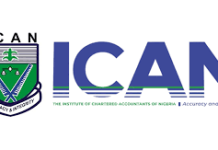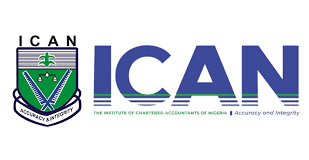Yields on Nigerian Treasury Bills (NTBs) stabilized at around 26% in the secondary market last week, amid mixed trading activity and tight system liquidity. Banks offloaded securities to manage liquidity pressures, while fixed-income market sentiment remained cautious.
Short-term benchmark interest rates inched higher in anticipation of FAAC inflows. Analysts observed moderate trading activity, with subdued demand for mid-to-long-term securities, including December 2025 maturities. Despite weak demand for May, October, November, and December 2025 papers, some investors capitalized on attractive yields, while others sold to address liquidity shortfalls.
Toward the end of the week, mild demand emerged for the 11 December 2025 paper ahead of a Debt Management Office (DMO) primary market auction. The 9 October and 6 November 2025 maturities recorded the steepest yield declines, dropping by 13 and 14 basis points, respectively. Conversely, yields on the 6 March and 10 April 2025 maturities saw the largest increases, rising by 20 and 104 basis points, respectively.
Cordros Capital reported that the average NTB yield remained steady at 25.7%, while yields in the Open Market Operations (OMO) bills segment rose by 6 basis points to 27.3%. Analysts expect an influx of liquidity from FAAC allocations to spur demand for instruments, potentially driving down yields in the secondary market.













